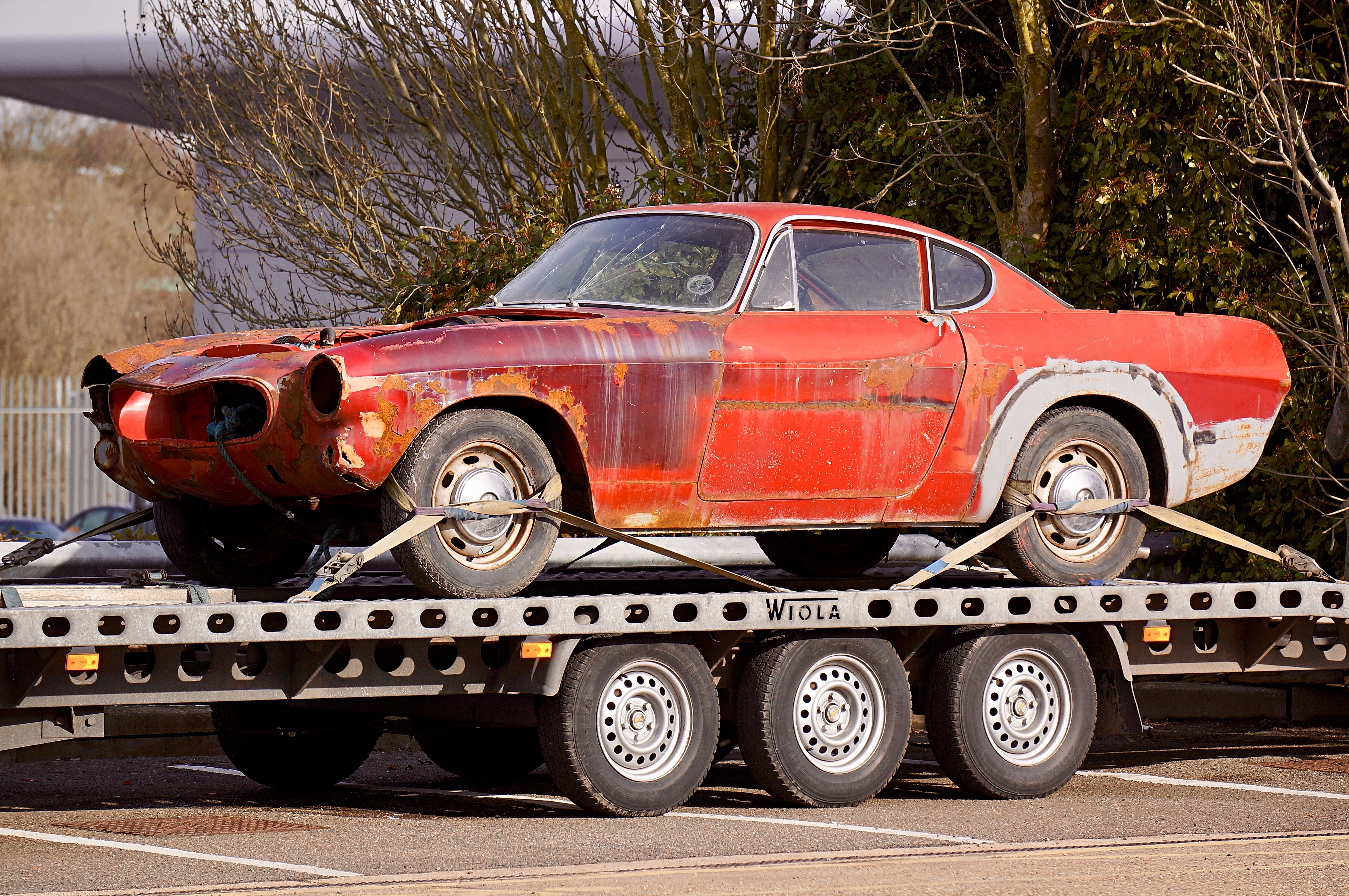
Reduced levels of servicing, increased mileage for some essential drivers and a focus on using private cars rather than public transport mean that breakdown and recovery will be in greater demand as UK roads get busier. How do you start up in the business and what sort of equipment and breakdown and recovery insurance coverage do you need?
With predictions of a looming financial crisis in the wake of the Covid-19 pandemic on the horizon, it’s worth noting that an economic downturn (should it happen, say the naysayers) could actually benefit some parts of the vehicle service sector. Remember that General Motors launched in 1908 when the US economy was in turmoil after 1907 financial crisis and both Uber and Airbnb set up operations during the global financial crisis of 2008.
So, this could be the optimum time to take a leap into a new breakdown and recovery service. But before you do, you should check on the practicalities and legalities that will keep your new business on the straight and narrow.
Do Your Homework
Before you rush out and buy your tow truck it’s worth drawing up a checklist and draft business plan which should include all the start-up costs, expenses, assets, licences, and insurance you’ll need to start your recovery business. Include your tow truck and equipment and look at other kit such as traffic cones, tow ropes, tools, floodlights and radio and telecommunications systems (especially if you are considering a fleet).
Together with equipment, you’re also going to need a secure garage or lockup in which to keep your vehicle and equipment or decide whether to situate both outside of your house. Depending on where you choose you might also need an employee to manage the premises. All of these have motor trade insurance implications.
If you are going to run your business legally and safely in the UK, you’ll need to follow guidelines set down by the Driver and Vehicle Standards Agency (DVSA). We’ve posted a handy link below* which sets out things such as vehicle excise, operator licensing system, driver’s hours and tachographs, record keeping and production, working time rules, and much more.
Even at this early stage it’s worthwhile doing some preparatory marketing and market research to check on the viability of your breakdown and recovery service. You’ll probably need a website so that potential customers can find out about your business online. There are tons of free website providers out there or ask among friends if someone wants to take on this project. You can also hand out business cards and flyers to local businesses and within the community to get as much word out there about your services.
Get to know some of the local garages in your area, because if they have a customer who needs their car towing then your business needs to be at the top of the list. Large breakdown outfits such as the RAC and Green Flag often use approved subcontractors, so find out about getting on their endorsed list.
Getting the Right Insurance
As a vehicle breakdown and recovery operator, you will need to consider not just road risk insurance for your own vehicles, but also insuring the vehicles you are working on, towing or transporting on the back of your truck. You may need insurance to cover employees and might want to consider public liability in case of a claim from a member of the public against any damages you may have caused to themselves or their property.
When looking for the right insurer, they should be able to cover you whether as a small individual breakdown freelancer, a garage or even fleet operator. A good broker will find a motor trade insurance policy that can be tailored to your individual needs and restructured as your business expands.
Aside from breakdown and recovery, other options include storage, premises cover (including stock, fixtures and fittings, tools and mobile equipment), movement of own and customers’ vehicles, sale of vehicles and much else besides. Left-hand drive and imported vehicles can also be covered, as can modifications to your truck and extra equipment such as winches.
Don’t be put off by what can seem a minefield of rules and regulations. Here at Tradex we can offer you all the help and support you need to steer your new breakdown and recovery business through the miles of red tape. We can cover small individual breakdown agents as well as garages and even fleet operators. Give us a call on 01708 678 400.
* https://www.gov.uk/government/publications/guide-for-recovery-operations/running-a-vehicle-recovery-business-driver-and-vehicle-safety-rules